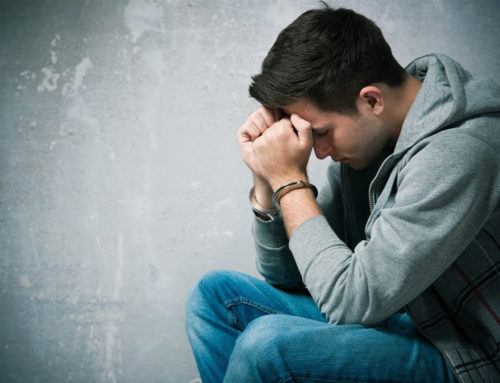Domestic violence is a grave concern in this country, and a domestic violence conviction can have long-term repercussions in a person’s life. It is estimated that 10 million Americans are victims of domestic violence annually, which is why the court system takes domestic violence cases very seriously.
If a person has been arrested for a domestic violence offense, it is in his or her best interest to immediately hire an experienced criminal defense lawyer to help prevent a conviction. Some of the main consequences of a domestic violence conviction include:
Loss of 2nd Amendment Rights
According to research, the risk of homicide increases by 500% when an abusive partner has access to a gun during a domestic violence incident. Facts like this led to Congress passing the Lautenberg Amendment in the fall of 1996 to prohibit anyone convicted of a domestic violence offense from owning, possessing, or purchasing a firearm or ammunition. It does not matter if the conviction was a misdemeanor or a felony—any type of domestic violence conviction causes a person to lose his or her gun rights.
The loss of gun rights can be especially problematic for those employed in a profession that requires the use of firearms, such as police officers, military personnel, and people who work in security. When a person is banned from handling or possessing a gun when his or her job requires it, he or she will lose their job and have to seek employment in a completely different sector.
Difficulty Securing Employment
In this day and age, most employers conduct a background check on potential candidates for employment. Having a domestic violence conviction can dissuade an employer from offering employment to a person, since many companies do not want to take the risk of employing a person who may have violent tendencies. It is not uncommon for a well-qualified candidate with a domestic violence conviction to be passed over for an equally qualified candidate who does not have a criminal record.
A domestic violence conviction can also legally prevent a person from being able to hold specific types of jobs. For example, in Minnesota a person with a domestic violence conviction on their record are prohibited from working in health care, child care, schools, and nursing homes. People employed in these sectors at the time of conviction will lose their jobs, since they will no longer be able to successfully pass a background check.
Problems Renting or Leasing
Like employers, most landlords conduct a thorough background check on a potential tenant before renting or leasing a property. When a domestic violence conviction comes up, most landlords will decide not to rent to a person since they do not want their property to be inhabited by a tenant who has a history of violence.
Child Custody
In Minnesota, Family Court judges make custody decisions based on the best interest of the children involved. Domestic violence in a relationship is one of the factors that a judge must consider when coming to a decision about custody. A parent with a domestic violence conviction often will not be able to be granted sole custody, and depending on the circumstances of the domestic violence incident joint custody may be denied as well.
If one parent has a domestic abuse protection order in place against the other parent, it can impact the non-custodial parent’s visitation time with their children. It is also possible for a parent to request that the parent with the domestic violence conviction have only supervised visitation with his or her children.
A domestic violence conviction can cause a lot of damage in a person’s life. If you have been charged with a domestic violence offense, please contact us for a free consultation to review your legal options.

